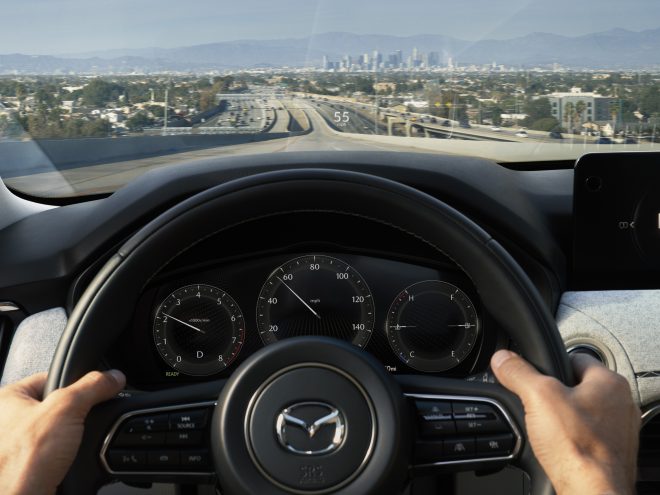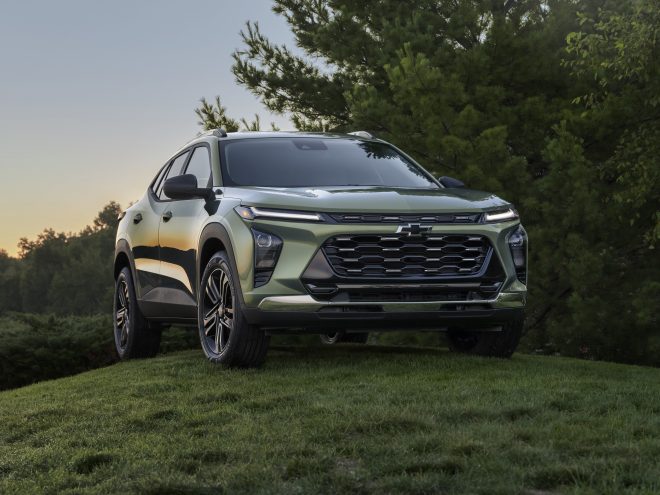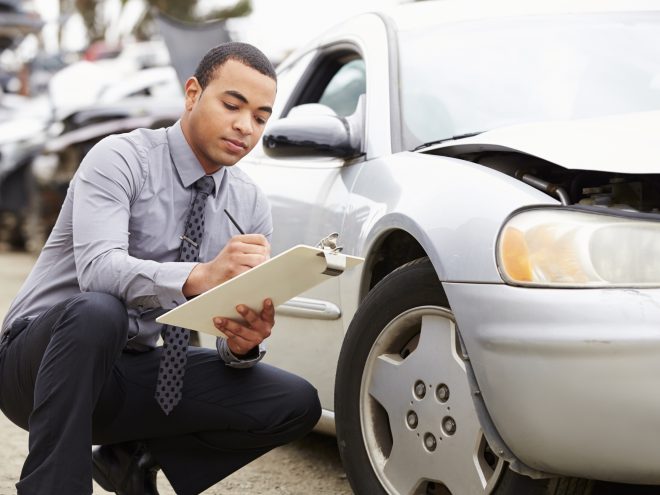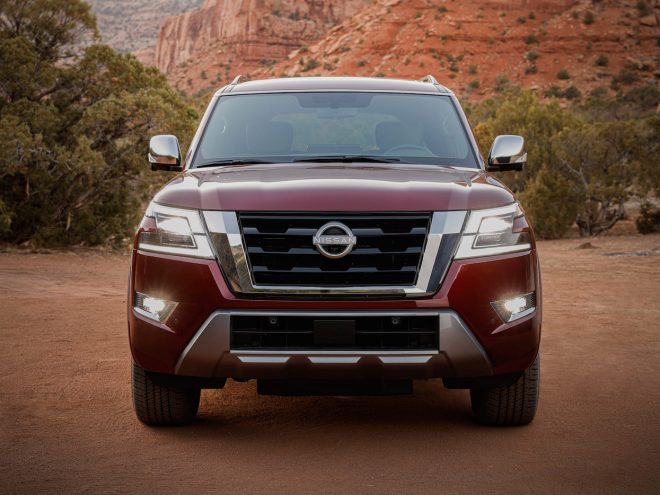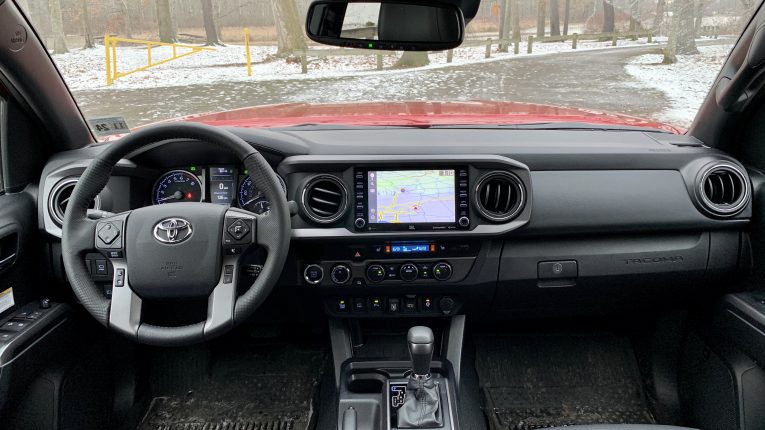
5 Ways To Increase The Lifespan Of Your Vehicle
Our vehicles are a significant investment – and also a prized possession for a lot of us. From being a practical means to go from A-B or representing freedom, there’s no denying that our cars can mean a lot more than we think. However, they are certainly expensive. From saving up to finance your new car to bills for aftercare, upgrading accessories and servicing, owning a vehicle is a considerable investment. So when you’ve spent time reading reviews on the latest models, comparing trim levels and making the decision as to which car to go for, you want to be able to get the most out of your ride. That’s why it makes sense to take good care of what you have. If you don’t put in the maintenance, small faults can quickly spiral into larger problems which can be expensive and time consuming to fix. Instead, proactive maintenance is the way to go – a rolling programme of small checks and improvements along the way. And the more knowledge you gain about your vehicle and how it runs, the more smaller jobs you’ll be able to tackle yourself, saving you money on trips to the garage for repairs or an auto service. A lot of people rely on the services of a mechanic and don’t make the effort to learn simple vehicle repairs which could save them a fortune. So prepare to arm yourself with a few key tips to keep your ride rolling, and you could save money as well as learning something new.
Reduce The Amount Of Driving You Do
Most of the damage to your car will just be daily wear and tear caused by driving – and of course this is unavoidable. However, it is possible to cut down on car maintenance costs simply by limiting your driving to necessary trips. As vehicle owners we can often get a bit lazy and take our cars out when we could simply walk instead. So instead of automatically reaching for your car keys, ask yourself if you really need to drive for this particular journey. If you can reduce the miles you cover on a weekly basis not only will you be kinder to the planet, your waistline and your wallet can all benefit too. Not only will you pay out less for maintenance, but you’ll use less fuel. It’s important to aim for balance though, because if you don’t drive your vehicle enough it can be just as bad on the car’s health – you need to give all the fluids a chance to circulate and and sure that the parts don’t rust and the battery doesn’t die, so that everything is in full working order when you do need it. But equally it’s great to car pool on some days so that you can increase the lifespan of your vehicle. Just focus on eliminating the unnecessary trips and you’ll be able to hit a happy medium.
Lay Off The Lead Foot
Accelerating too often and speeding along can not only cause trouble with the law, it can also cause incremental damage to your car. Lots of sudden accelerating and braking, as you usually have to do if you’re driving in a city or a suburb, is especially bad for the maintenance of your vehicle. Save the high speeds for major roads when the vehicle is warmed up and it’s safe to be consistent, rather than having quick speed changes. Accelerating slowly and consistently and using cadence braking and your gears to slow down is far better for the health of your car. Equally, when you first start up the engine, avoid too much revving, especially if the weather is cold. You’ll get a much smoother performance if the engine oil has a chance to warm up gradually before you drive.
Be Aware Of Your Engine
Part of enjoying your drive is of course the sensory experience – feeling and hearing the pitch of the engine. So make sure that you’re paying attention to any changes in familiar pitch, and if anything has changed, get your car checked out as soon as possible. Too many people ignore funny noises, either dismissing them as nothing or not wanting to incur the expense – but you could be storing up problems for the future if you don’t address them swiftly. Pay special attention to any ticking noises or a screeching sound, as these can be signs of a major fault that will get progressively worse as you ignore it. And if that pesky dashboard light comes on for the engine indicator? Make sure to get it checked out. Even if the light is just faulty, you can get it fixed so that you aren’t distracted while driving. The engine is without a doubt the single most important part of your vehicle, it’s heartbeat if you like, and the cylinders and the rest of the components need to be clean and well maintained to get the maximum lifespan from your car.
Schedule Regular Fluid And Oil Changes
Sometimes it’s the simple things which can make the biggest difference, and remembering to change the oil and fluids in your car on a regular basis can really help to maintain it. Ignoring the need for oil changes can eventually lead to a blown engine if you aren’t careful, so make sure to read the owner’s manual and check the guidelines from the manufacturer for how often the oil needs to be changed – it’s usually from around 1000-3000 miles. While you’re at it, you should also check vital fluids to ensure that they maintain optimal levels.
Clear Out The Trunk
Without realising, sometimes our trunks can get full with objects we end up storing – but that isn’t good for the health of our vehicles. If you have excess weight in the back then your tyres will become worn out much quicker and there is an overall strain on your vehicles. So make sure that you’re regularly emptying out your trunk and transferring any heavy items into storage rather than driving around with them.
